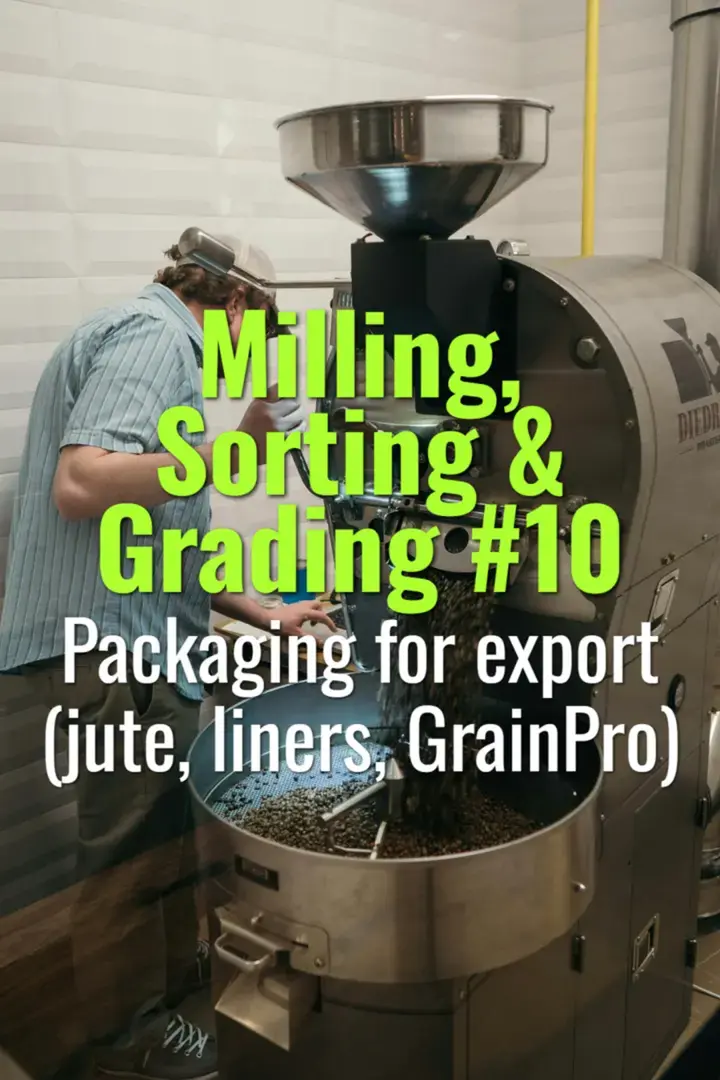
Packaging for export (jute, liners, GrainPro)
This topic explains the different packaging options used for exporting coffee, including jute bags, plastic liners, and hermetic solutions like GrainPro, with their respective benefits and limitations.

This topic explains the different packaging options used for exporting coffee, including jute bags, plastic liners, and hermetic solutions like GrainPro, with their respective benefits and limitations.
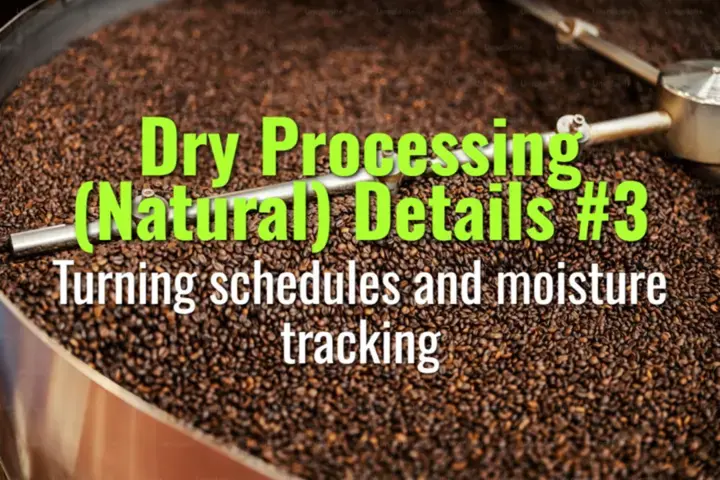
This topic explains the importance of turning schedules and moisture monitoring during natural (dry) coffee processing, showing how these practices ensure uniform drying, prevent defects, and protect flavor quality.
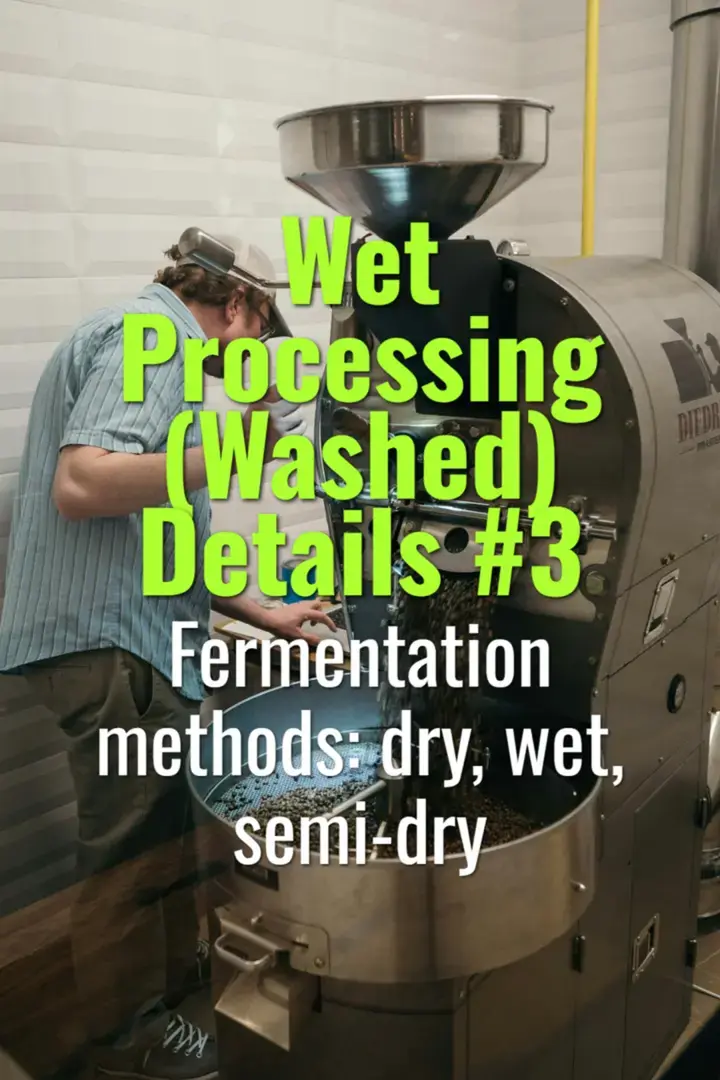
This topic explains the three main fermentation methods used in washed coffee—dry, wet, and semi-dry—how they differ, their effects on processing efficiency, and their influence on flavor outcomes.
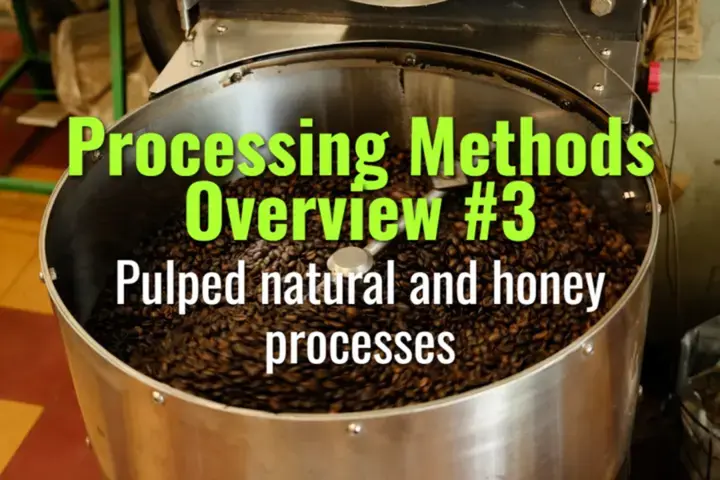
This topic explains the pulped natural and honey processing methods—hybrids of washed and natural approaches—highlighting their steps, flavor outcomes, and significance in specialty coffee.
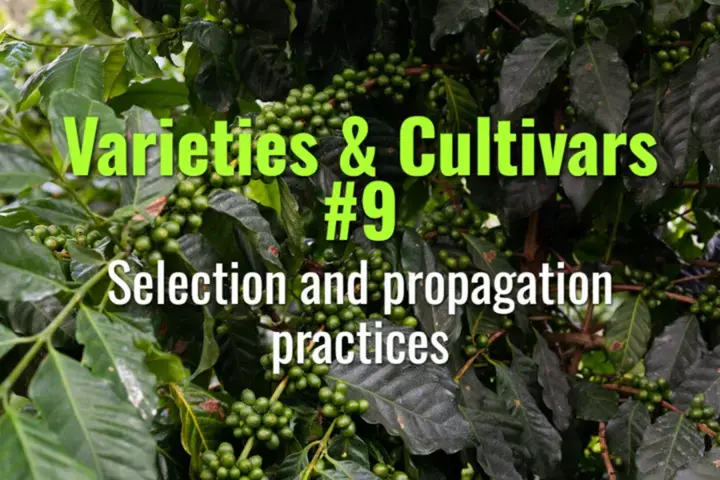
This topic explains how coffee varieties are selected and propagated, the methods used to maintain genetic integrity, and the role of nurseries and farmers in ensuring healthy plantations.
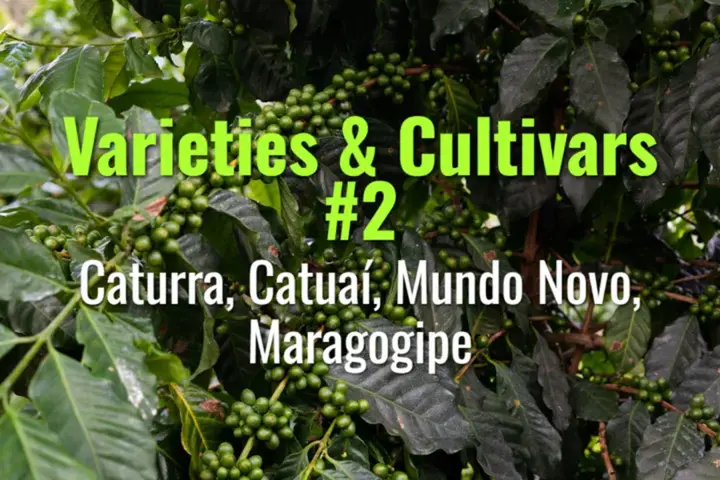
This topic explores four key Arabica varieties—Caturra, Catuaí, Mundo Novo, and Maragogipe—their origins, traits, advantages, and roles in global coffee cultivation.